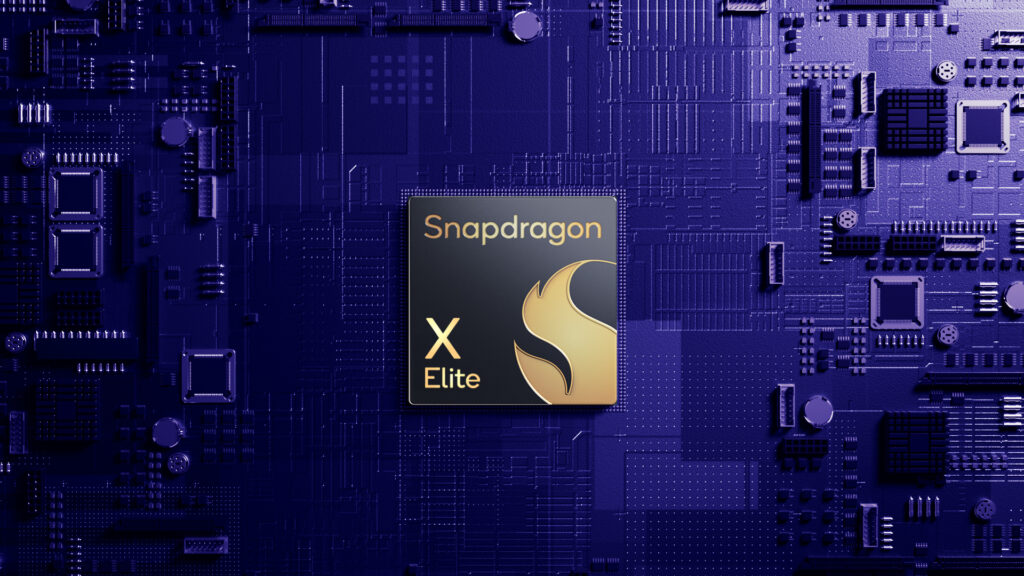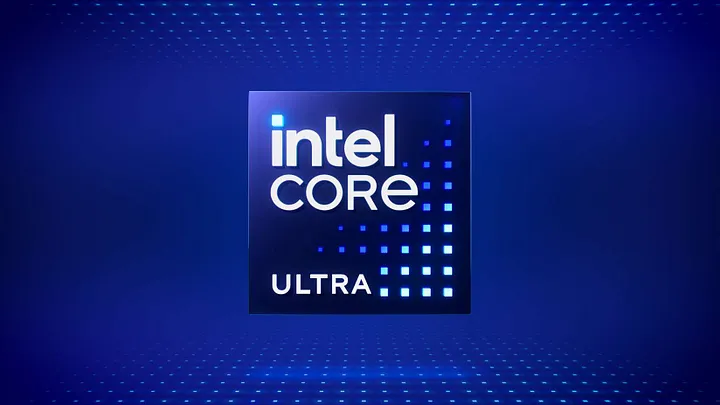The US PC market is set for significant growth in 2024, according to research firm Canalys, with shipments expected to grow by 5% year-on-year to 69 million units. This growth trajectory is anticipated to continue into 2025, with an additional 8% increase projected, bringing total shipments to 75 million units.
The first quarter of 2024 saw a 5% increase in US PC shipments, reaching 14.8 million units. This growth was particularly pronounced in the consumer and SMB segments, both of which experienced shipment increases of over 9% year-on-year. Continued discounting after the holiday season bolstered consumer demand, while small and medium businesses have started upgrading their systems in anticipation of the Windows 10 end-of-life. Enterprise customers are expected to follow suit, creating a highly positive near-term outlook for the market.
Greg Davis, an analyst at Canalys, noted that stable macroeconomic conditions in the US have allowed for healthier consumer spending and business investment in IT. With a significant portion of the PC installed base still operating on Windows 10, the next four quarters are expected to bring even stronger momentum to the refresh cycle. This period also coincides with the greater availability of on-device AI capabilities, which have the potential to accelerate demand among consumers and businesses alike across both the Windows and Apple ecosystems. The US is forecasted to lead in the adoption of AI-capable PCs as vendors and their partners prioritize go-to-market efforts to capitalize on the significant opportunity to upgrade customers to premium devices.
In terms of market share and annual growth for desktop and notebook shipments in Q1 2024, HP, Dell, and Lenovo were the top vendors, with HP holding a 24.6% market share, Dell a 24.4% share, and Lenovo a 17.6% share. Apple and Acer followed, with market shares of 14.2% and 5.5%, respectively. Lenovo and Apple showed significant annual growth of 22.4% and 22.0%, respectively, while HP and Dell experienced slight declines.
Long time technology industry fan here in Taiwan.



